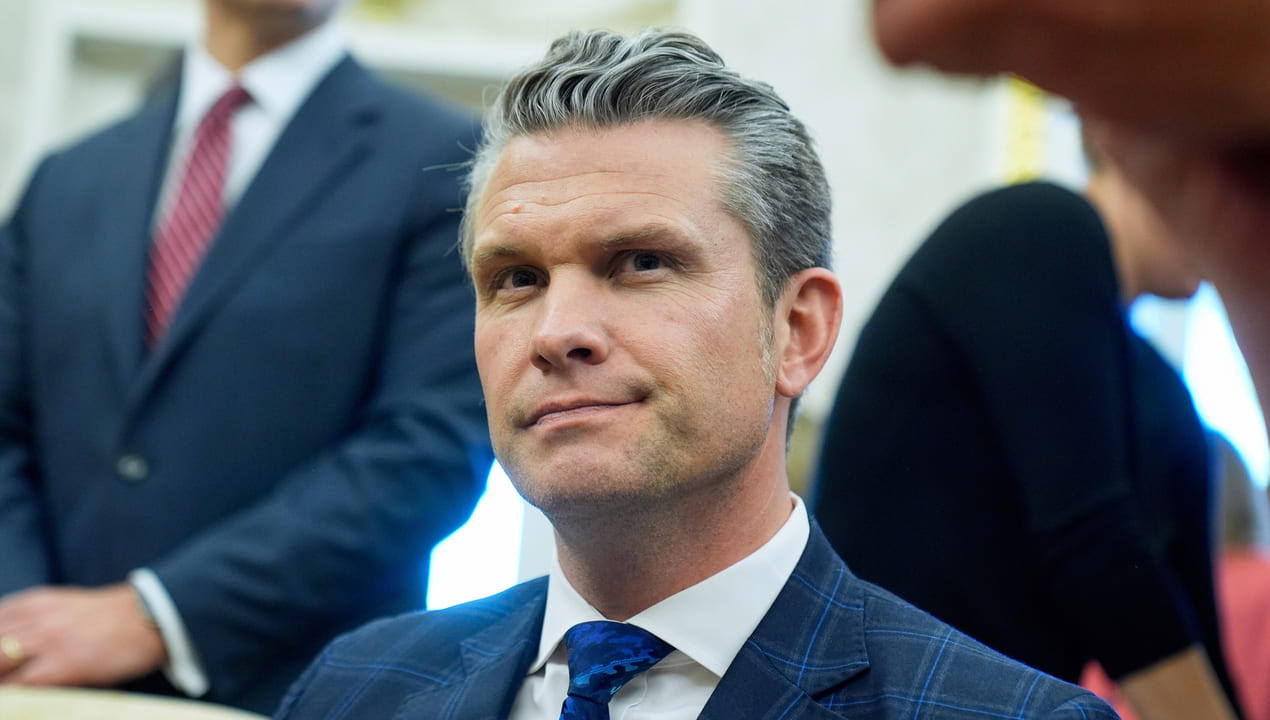
Independent Report – In a significant shake-up at the Pentagon, U.S. Defense Secretary Pete Hegseth has dismissed the head of the Defense Intelligence Agency (DIA). Along with two other senior military officials. Three U.S. sources confirmed the firings to Reuters on Friday. Marking the latest move in what has been described as a broader purge of top officials under President Donald Trump’s administration. The reasons behind these dismissals were not immediately explained.
Lieutenant General Jeffrey Kruse, who led the DIA, was among those removed. Though the specific rationale for his firing remains unclear. Alongside Kruse, the chief of U.S. Naval Reserves and the commander of Naval Special Warfare Command were also relieved of their duties. A U.S. official, speaking on condition of anonymity, confirmed that the administration had not provided an explanation for these actions.
The series of firings has drawn concern from political leaders and intelligence officials. Senator Mark Warner, vice chair of the Senate Select Committee on Intelligence, expressed his worry. Noting that the repeated dismissal of senior national security officials reflects a troubling approach in. Which intelligence appears to be treated as a measure of personal loyalty rather than a critical tool for safeguarding the nation.
Also Read : Kilmar Abrego Released Amid Deportation Uncertainty
This development represents the continuation of a pattern within the Trump administration. Which has seen multiple high-ranking military, intelligence, and law enforcement figures removed from their positions. In April, General Timothy Haugh, director of the National Security Agency, was fired as part of a broader purge that affected more than a dozen staff members of the White House National Security Council.
Hegseth himself has been active in reshaping military leadership. In February, he removed Air Force General C.Q. Brown, chairman of the Joint Chiefs of Staff, along with five other senior military officials. In what observers described as an unprecedented restructuring of U.S. military command. The Chief of the U.S. Air Force also recently announced his intention to retire unexpectedly, halfway through his tenure. Further highlighting the disruption within the military’s leadership ranks.
Although the specific reasons for Kruse’s dismissal are uncertain, some analysts link it to a leaked preliminary DIA assessment regarding U.S. airstrikes on Iranian nuclear facilities. The assessment indicated that the June 22 strikes only delayed Tehran’s program by a few months. Contradicting President Trump’s claims that the targets were “obliterated.” The leak, reported by several media outlets including Reuters, reportedly angered Trump. The White House dismissed the assessment as inaccurate and criticized major news organizations that reported on it, labeling the coverage as “FAKE NEWS.”
The Trump administration has justified these actions as part of an effort to reduce government size, control federal spending. And also address what officials describe as the politicization or weaponization of intelligence. The ongoing personnel changes reflect a broader strategy of tightening control over national security operations while reshaping the government according to administration priorities.
News of Kruse’s removal coincided with other significant actions in the intelligence community. Director of National Intelligence Tulsi Gabbard recently announced that, on Trump’s orders, security clearances for 37 current and former intelligence officials were revoked. This action adds to a series of revocations carried out during Trump’s second term, which also affected former President Joe Biden and Vice President Kamala Harris.
Additionally, Hegseth announced a major restructuring of her office, aiming to reduce staffing by more than 40 percent by October 1 and achieve annual savings exceeding $700 million. This move represents the first substantial overhaul since the office’s creation and demonstrates the administration’s continued focus on efficiency and budget reduction within national security operations.
The Pentagon shake-up, combined with broader intelligence community changes, underscores the ongoing volatility in U.S. national security leadership. Observers note that these actions may have lasting implications for both military and intelligence operations, as institutional knowledge and experience are disrupted amid the rapid turnover of senior officials.
Also Read : Burna Boy: How Music Saved Me From Crime and a Wayward Life